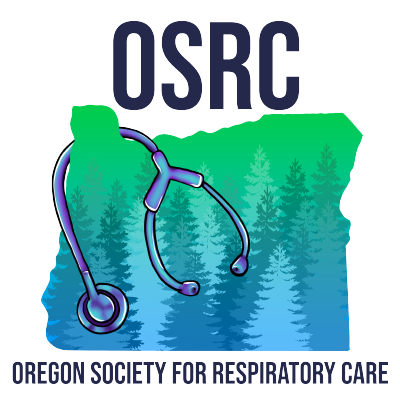PACT day at the hill was on April 1st this year. The weather was very nice, and the feel to the capitol was a bit different this year. The AARC assigned Rebecca Rudolph from the COPD foundation to help me with the meetings as I went to DC alone this year. We met with the office of each of our Representatives and Senators. The feel I am talking about is that each and every staff member that we spoke to was well informed about our bill this year. There was seemed to be a bipartisan understanding that we need to do something with the current healthcare system. Both sides have different opinions of what needs to be done, but the common theme is that it needs to be addressed, and both sides are well informed on the issues this year, and they took the time to listen to our presentation, and every office had good questions about what our proposed legislation HR 2619 would not only allow RT’s to do, but also how this legislation would reduce cost and deliver better care.
The good news from all of this is that every office was supportive of the legislation, and we were told by 3 offices that they would look it over and consider co-sponsoring the bill. To date Oregon has 1 co-sponsor and that is Representative Peter Defazio. We also received very positive comments from both Senators offices, but due to Sen. Wyden’s current position as the Senate Finance Chair, and another piece of legislation that he introduced into the Senate prior to taking this position he could not sponsor a Senate bill, but support is very likely if we can get one introduced. If you have not read his proposal it is called the “Better care lower cost act” and would be a good companion bill for our legislation. This brought about a conversations with Dr. Ron Kline, a physician fellow in Wyden’s office, about the structure of healthcare in Oregon. We spoke specifically about the possibilities of using the CCO’s and ACO’s to meet some of the upcoming goals of the ACA. There is a good possibility that at least in Oregon there will be incentives to get professions like RT working with patients outside the hospital to keep patients out of the ED. It will be interesting to see how this unfolds in our state. We have already seen CMS reimburse for CHF as a primary diagnosis for Cardiac Rehabilitation this year. I am hoping it is not the last move they make to increase reimbursement for preventative care.
